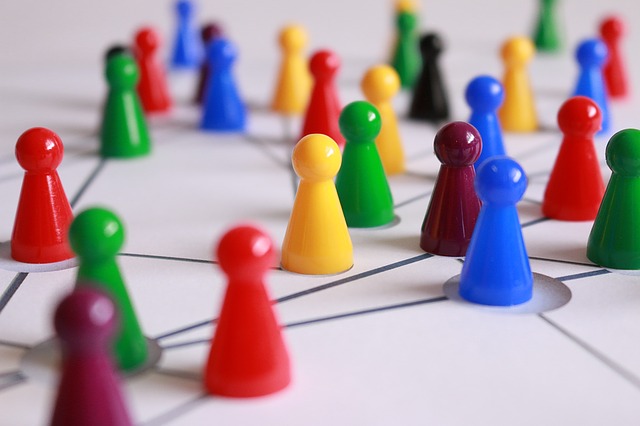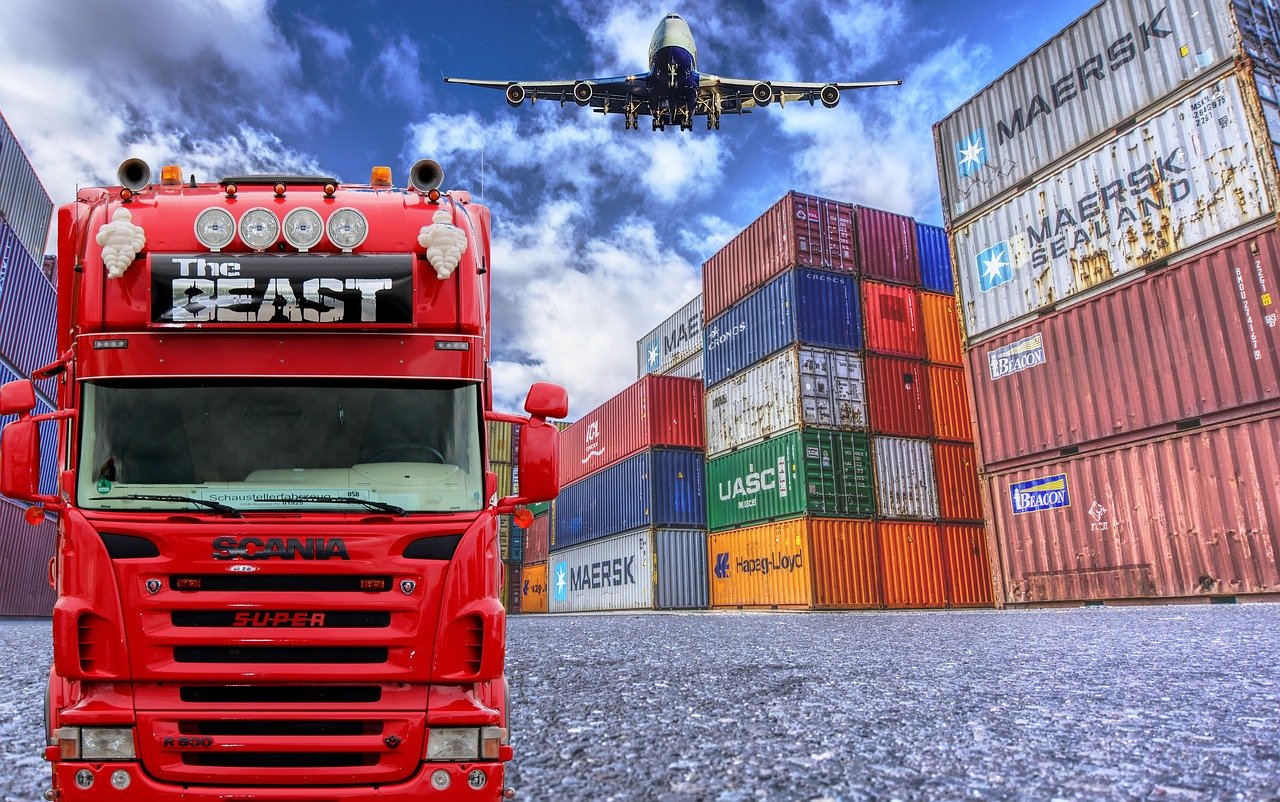New Information and Communications Technology (ICT) is slated to disrupt the hi-tech industry and impact many other industries. The future of ICT lies in its ability to enable developers to take advantage the new technologies like Cloud Computing, Big Data, Software Defined Network (SDN), Internet of Thing (IoT) and Mobile Broadband to innovate their products and improve enterprise agility, efficiency and work in a more collaborative environment.
This revolution will only be possible when developers leverage the open platform and ecosystem to build their own solutions and realize their innovations under these technologies.
An ICT ecosystem is a business network that’s aligned among ICT vendor and solution partners to help enterprises work in an efficient manner. The business-driven ecosystem is lead by the enterprises who define their needs and look to solution providers to supply the relevant resources to enable their success.
Take supermarket shopping as an example. In the current system, the supermarket owners attempts to meet the needs of the consumer, often tweaking the solution without a clear vision or focus. The future will bring a personalized consumption model, in which customers choose products, identify purchase and delivery methods, and in real time their optimized shopping experience will be enhanced for future purchases.
Elion Resources Group in China is already testing this model out. The company uses the IoT technologies to bridge a connection between the farmer and the consumer, thereby fostering a collaborative environment that connects various relevant industries. In this new process, customers are transformed to active partners, allowing them to select the type of food that farmers should grow, allows them to track the growth of the produce, and allows the consumer to select the idea e-commerce platform and delivery service.
Similarly, banks are leveraging the new ICT ecosystem. Cloud computing allows omni-channel banking services, which manages customer data to reduce unnecessary steps in the banking process. Rather than going to an ATM or bank to withdraw cash, the connected consumer will be able to search for a vendor and process payments directly to the merchant. The streamlined process reduces any unnecessary steps and fosters direct communication between merchant and consumer.
The banking industry has always depended on data and security. With the new ICT, Big Data becomes an extremely powerful for the larger ecosystems that require responsive analysis of important data. It develops a variety of innovative services and improves the bank’s service accuracy, real-time performance and customer satisfaction. Banks such as the China Merchant Bank are benefiting from upgraded big data platforms, which can provide analysis of detailed queries and offer direct results. This increased accuracy enables a faster investigation of credit history and other important financial data and can provide accurate information in a matter of minutes.
In addition to showing the actual credit score, this data will highlight consumer patterns and behaviors to identify any risk factors. In China, the People’s Bank of China’s credit system uses data from other ecosystems and sources, including carriers and utility companies, to offer a complete overview of consumer behavior. The comprehensive data analysis enables the bank to look across systems and determine an accurate credit rating that is focused and responsive to specific customer trends.
Clearly, new ICT technologies are paving the way for new forms of cross system collaboration, agility and efficiency. This innovative approach is only possible when open ICT platforms and ecosystems are formed. Driving the New ICT technology forward is Huawei Enterprise Business. Their mission is to provide an open ICT platform and ecosystem where developers can benefit from building their solution using new ICT technologies. Once a specific industry has developed an application, it can be easily replicated and deployed on a global scale.
This new process is being accelerated by Huawei, who is working on driving innovation forward by creating strategic partnership with relevant companies. The ultimate goal of these strategic alliances is to develop an ecosystem that is sustainable and mutually beneficial to all partners. As the new ecosystem is formed, other industries including government and other complex enterprises will benefit from its success.













